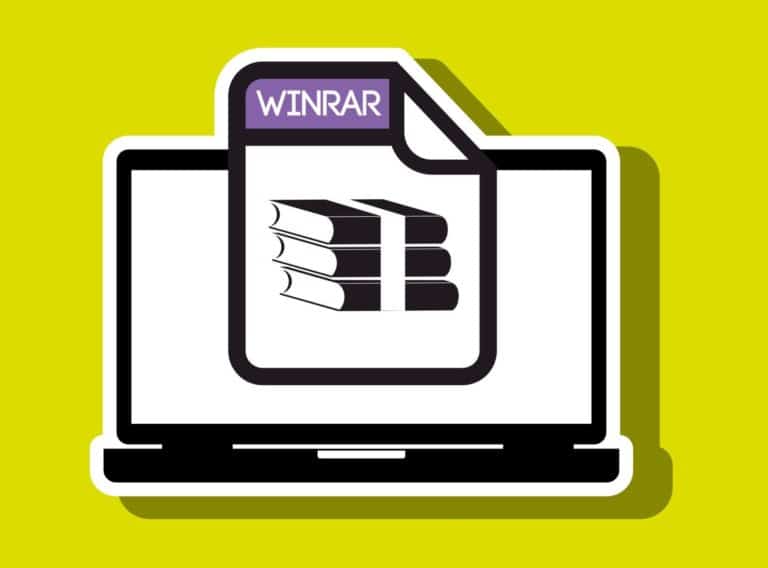Windows 11 22H2 now supports the .rar, .gz and .tar archive formats, 28 years after WinRAR first appeared on the scene. Many more formats are reportedly supported with the move.
Under the motto “better late than never,” Microsoft announced in May of this year that Windows 11 would begin offering support for a number of well-known archive file formats. The company introduced the new functionality with the optional KB5031455 Preview.
Specifically, Windows 11 will now support .rar, .7z, .tar, .tar.gz, tar.bz2, .tar.zst, .tar.xz, .tgz, .tbz2, .tzst and .txz.
Tip: Windows 11 23H2 separates system apps from components
The announcement was initially made during Microsoft Build earlier this year. While it may not make many headlines, it prevents users from having to install decompression applications themselves that are often used as disguises for malware.
WinRAR
“Back in the ’90s, [RAR] was just one of several competing compression apps (or “applications” as they were called back then) used to shrink collections of files so they could be more efficiently transferred over our woefully slow internet,” Devin Coldewey of TechCrunch noted.
WinRAR users will be all too familiar with the ever-recurring pop-up that says “Buy a WinRAR license”. One could easily ignore the message, but this tactic led some consumers to take action. Many users resorted to shareware code to bypass the warning. Of course, the need to use compression programs such as WinRAR has diminished over time. Both disk capacities and network bandwidth have increased tremendously since the late 1990s, making it obsolete. Another popular alternative is 7-Zip, a free and open-source option.
Microsoft announced the new .rar file support almost as an afterthought in announcement aimed primarily at bringing AI to Windows 11. “We’ve added native support for additional archive formats, including tar, 7-zip, rar, gz and many others using the libarchive open-source project,” Microsoft said, adding that Windows 11 users “can get improved performance of archive functionality during compression on Windows.”
